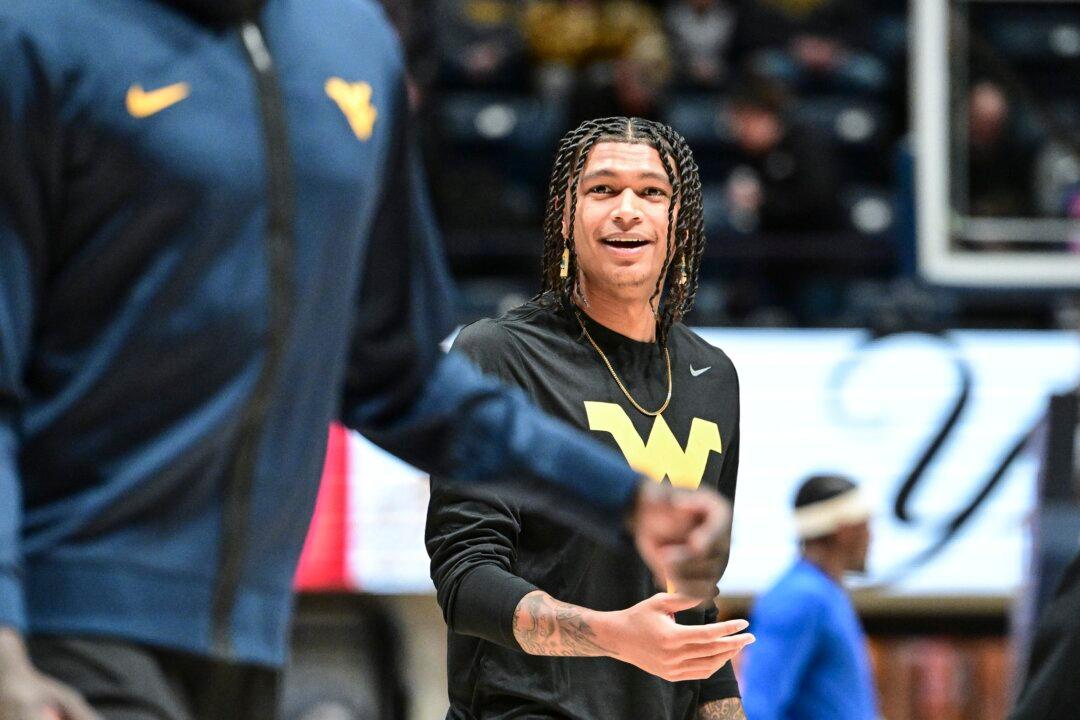CHARLESTON, W.Va.—College athletes who were denied the chance to play immediately after transferring a second time can return to competition—for now—after a federal judge issued a 14-day temporary restraining order Wednesday against the NCAA.
U.S. District Judge John Preston Bailey in northern West Virginia issued the order against the NCAA from enforcing the transfer rule. A lawsuit filed by West Virginia and six other states alleged the rule’s waiver process violated federal antitrust law. The order clears the way for athletes to play during the two-week period and also ensures that schools won’t be punished for allowing it.





